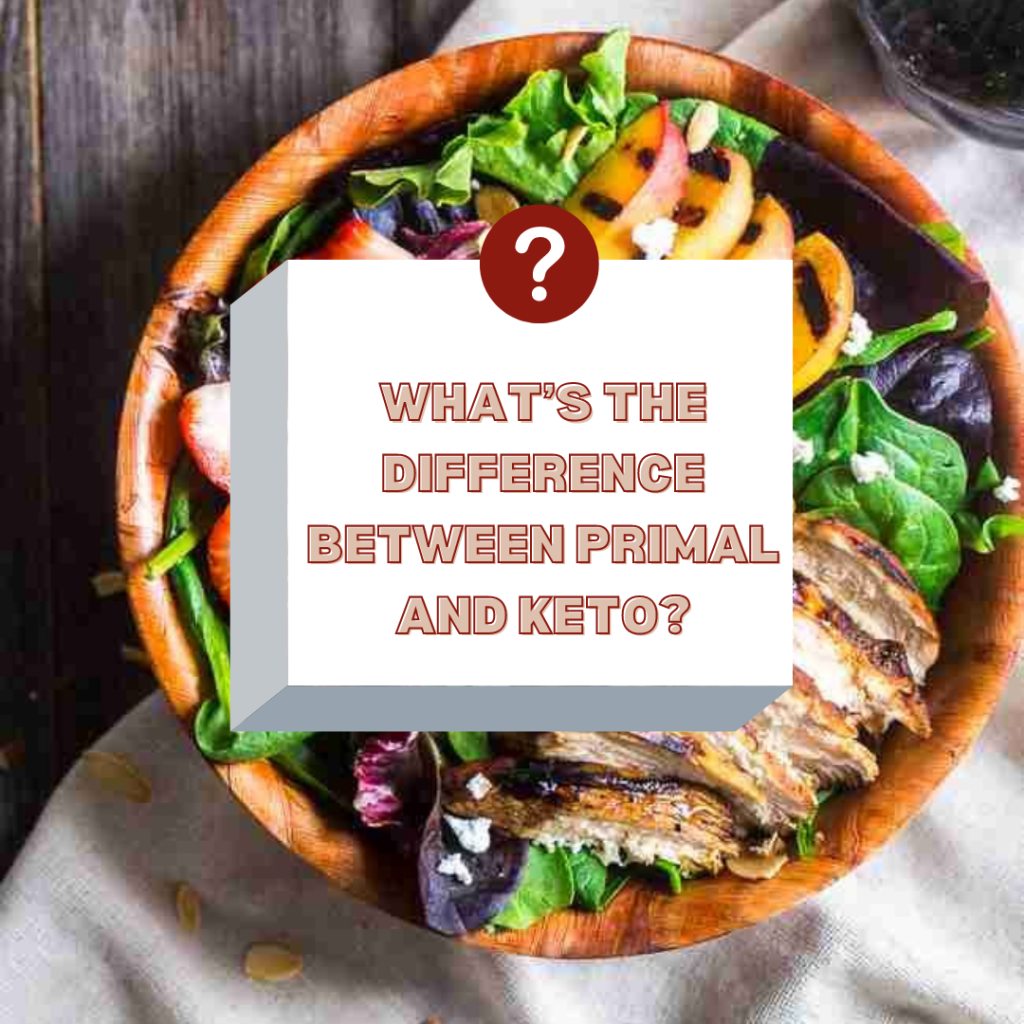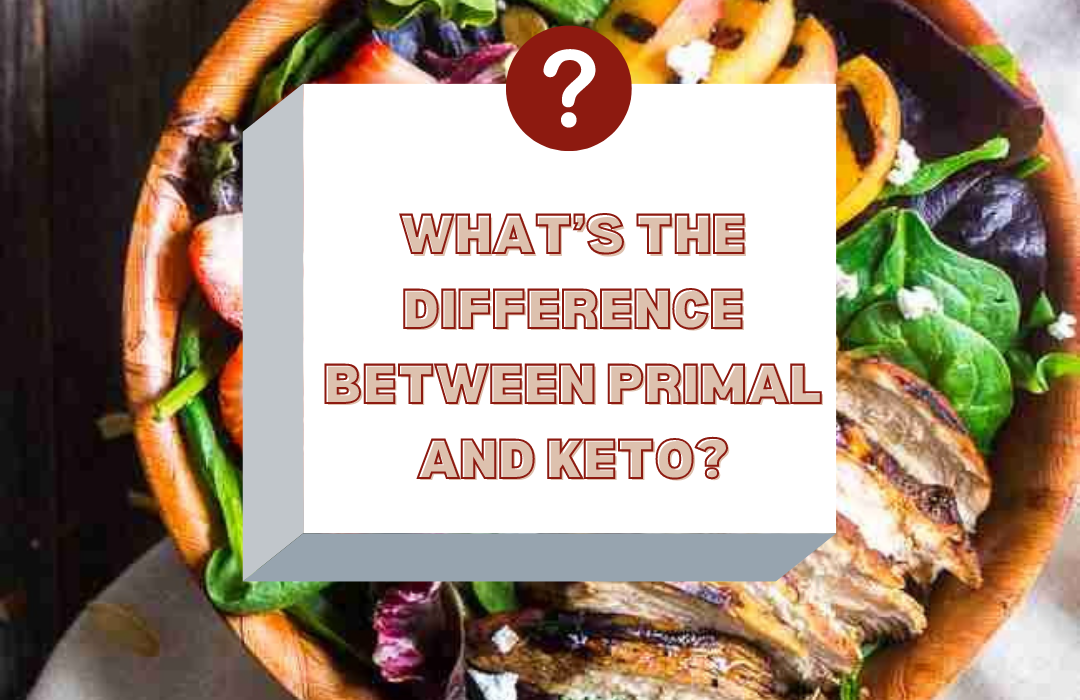The question “Does fat need to be higher than protein?” is relevant primarily in the context of specific dietary plans like the Ketogenic diet. Whether fat needs to be higher than protein depends on the goals and dietary approach you’re following.
Keto Diet
In a ketogenic diet, the primary goal is to achieve and maintain a state of ketosis, where your body uses fat as its main source of energy. To accomplish this, the diet requires a macronutrient breakdown of:
- High fat: Typically 70-80% of daily calories.
- Moderate protein: About 20-25% of daily calories.
- Low carbohydrates: Usually 5-10% of daily calories.
In this context, fat needs to be significantly higher than protein because consuming too much protein can interfere with ketosis. Excess protein can be converted into glucose through a process called gluconeogenesis, which may prevent your body from relying on fat for fuel.
Other Diets
For diets like Primal, Paleo, or general balanced eating plans, fat does not necessarily need to exceed protein. In these diets:
- Protein is often prioritized for muscle repair, growth, and satiety.
- Fat is consumed in moderate or balanced amounts, depending on individual energy needs and preferences.
Factors to Consider
- Dietary Goals: If your aim is ketosis, fat must be higher than protein. For general health, weight loss, or muscle building, this ratio may vary.
- Activity Level: Highly active individuals may require more protein for muscle recovery and performance, even in a low-carb context.
- Satiety: Protein is highly satiating, so increasing protein can help control hunger, but balancing it with fat ensures sustained energy.

Whether fat should be higher than protein depends on your specific dietary strategy and goals. For Keto, maintaining a high-fat-to-protein ratio is essential, but in other diets, a more balanced approach may be appropriate. Always consider your unique nutritional needs and consult a healthcare professional or dietitian for personalized advice.



